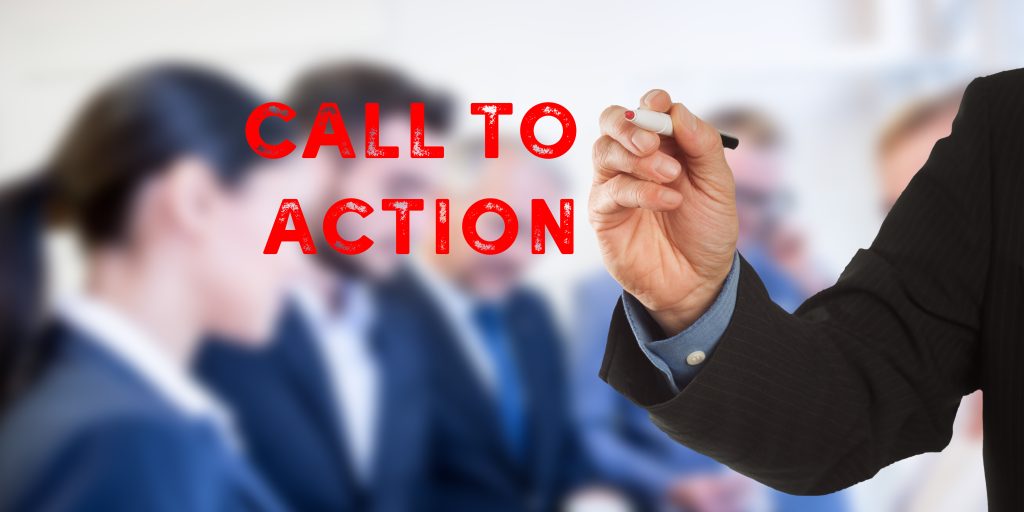The conclusion of a speech should answer the questions posed in the introduction, You should restate the purpose your speech, summarize your points, include a call to action, and end on a strong note with a quote, a story, or a challenge.
A speech conclusion is an integral part of any type of speech. It’s where you sum up the main points you’ve discussed in the body of the speech and re-emphasize your thesis statement.
What is The Purpose Of A Conclusion In A Speech?
In the speech introduction, you open with a great attention-getter (it could be a rhetorical question, a statistic, or an anecdote, among others). At the end of the speech, you have the final chance to leave a lasting impression, which you can do by delivering a strong call to action, a compelling quote, an unforgettable story, or a challenge.
A good conclusion ensures that the audience remembers your key points and becomes motivated to take action.
How Do You Conclude A Speech?
All the main parts of any speech — the intro, body, and conclusion — have vital roles to play. As the conclusion is the last thing that the audience will hear, you must ensure you craft and deliver it on a strong note.
But how do you conclude any public speaking engagement?
First, you must wrap things up and use a transition sentence to signal to the audience that your speech is about to end. It’s also a way to recapture your audience’s attention. Then, in the conclusion proper, you must solidly summarize the main points you’ve presented about your speech topic. Revisit the things you want the crowd to remember the most.
Afterward, give your audience a particular call to action. If you have an informative speech, give people more resources for further learning. Or, if you’ve got a book discussing your thesis statement more, you can also invite them to read it. If you’ve given a persuasive speech, offer practical tips on how they can support your idea or belief.
You can end your conclusion with a clincher or closing statement. The goal of these words is for your audience to ponder on what you’ve just discussed.

What Are Some Tips for Concluding Your Speech?
To help you craft a remarkable conclusion of a speech, here are some tips to follow:
- Write your conclusion word for word. The speech conclusion is a vital speech component, and you shouldn’t just hope to wing it. You must carefully assemble the words to ensure coherence, clarity, and impact.
- Make sure you’ve summarized all your main points. As stated above, speech endings are an avenue where you can recap all the key things you’ve covered. Though it may sound repetitive to you, you must do it for the sake of your audience. Summing up your ideas will help them remember the key takeaways you want them to remember and ponder upon.
- Don’t forget to restate your speech purpose and topic. Your main argument and the reasons you’ve discussed them during your speech are critical components of your conclusion. Restating them will reinforce your core message.
- Always stick with your viewpoint or position. You must be consistent about your core message to make your speech impactful. So, when delivering your concluding remarks, ensure you don’t diverge from your main viewpoint. It’s also important not to bring up new perspectives, as they can dilute the significance of your core position.
- Consider using visual aids. Utilize visual reminders to help leave a longer-lasting impression on your audience members. For example, if you’re ending with a quote or a question, you can stress them out by putting the words on the screen.
- Create a sense of finality. It can be tempting just to use feeble closing statements (e.g., “And with that, I conclude my speech”). However, it can minimize the impact of your speech and even make it forgettable. To create a strong sense of finality, consider telling a call to action, a quote, a story, or a challenge.
- Practice, practice, practice. You must rehearse your whole speech to ensure you can deliver it well on your scheduled speaking engagement. One of the portions you must focus on is your conclusion. Practicing this part will help you better internalize it and master your tone and pacing.
Why Should You Have A Call To Action In A Speech?
At the end of your speech, you must leave the audience members with something actionable to make your speech more compelling. And stating a solid call to action is the best way to do so.
A call to action motivates the people you’re talking to do something, change their behavior, and become active participants (not just mere listeners). Writing it well and delivering it with emphasis also creates a certain — and vital — sense of urgency. It underscores the importance of your topic and why they should take part in helping you achieve your goals.
Apart from reinforcing your purpose, it also sparks more engagement and interaction that could extend well after a speech. It can pique your audience’s curiosity and prompt them to research and even discuss it within their circles.
When you have a call to action, you also gain a way to measure the impact of your speech. If most of your audience heeds your call, then your speech is effective enough.

Why Should You Conclude A Speech With A Quote Or Story?
If you’re a public speaker or speech-writing professional, you’ll know that your audience won’t remember everything you discussed. It’s why you have to do particularly well in the conclusion. If the intro is an invitation to listen to the rest of your speech, the conclusion is an invitation to reflect on your main arguments or points.
You can rely on a relevant quote or story to make your closing remarks memorable.
Keep in mind that stories and quotations are a great way to etch an important takeaway into your audience members’ minds. Just make sure you choose something that encapsulates the core message you want to convey.
It also makes your message easier to digest and emotionally more resonant. Because quotes and stories are from real people, your audience will be able to connect to them on a deeper level. Ultimately, concluding your speech with a quote or story will make it more impactful and stand out stronger.
When Should You Challenge Your Audience In Your Conclusion?
Just as there are various types of speeches, there are also various ways to conclude any written or oral communication stint. And if you want to challenge your audience in your closing remarks, know that it’s most befitting when you have a persuasive speech.
If your speech presents bold ideas and points of view, you can use your conclusion to challenge your audience to rethink the conventional viewpoints and sway them to adopt what you’re proposing. A challenge will provoke them to contemplate and consider your perspective.
When you challenge the crowd, you also address the lack of participation. For example, if, in the speech body, you’ve talked about why everyone has a role to play in combatting climate change, then you can challenge the audience members to take action — even in small ways — during the conclusion.
Posing a challenge at the end of your speech is effective if you seek transformative change.
What Is An Example Of A Speech Conclusion?
In your speech conclusion, you come full circle and summarize your main points and thesis statement. To give you an idea of how to end your speech with a bang, look at these concluding remarks of Indian freedom fighter Netaji Subhas Chandra Bose.
In his iconic 1943 speech “Give me blood, and I shall give you freedom,” which he delivered before the Indian National Army, the conclusion he stated was as follows:
“It will be a fatal mistake for you to wish to live and see India free simply because victory is now within reach. No one here should have the desire to live to enjoy freedom. A long fight is still in front of us. We should have but one desire today-the desire to die so that India may live-the desire to face a martyr’s death, so that the path to freedom may be paved with the martyr’s blood.
“Friends! My comrades in the War of Liberation! Today I demand of you one thing, above all. I demand of you blood It is blood alone that can avenge the blood that the enemy has spilt. It is blood alone that can pay the price of freedom. Give me blood and I promise you freedom!”

